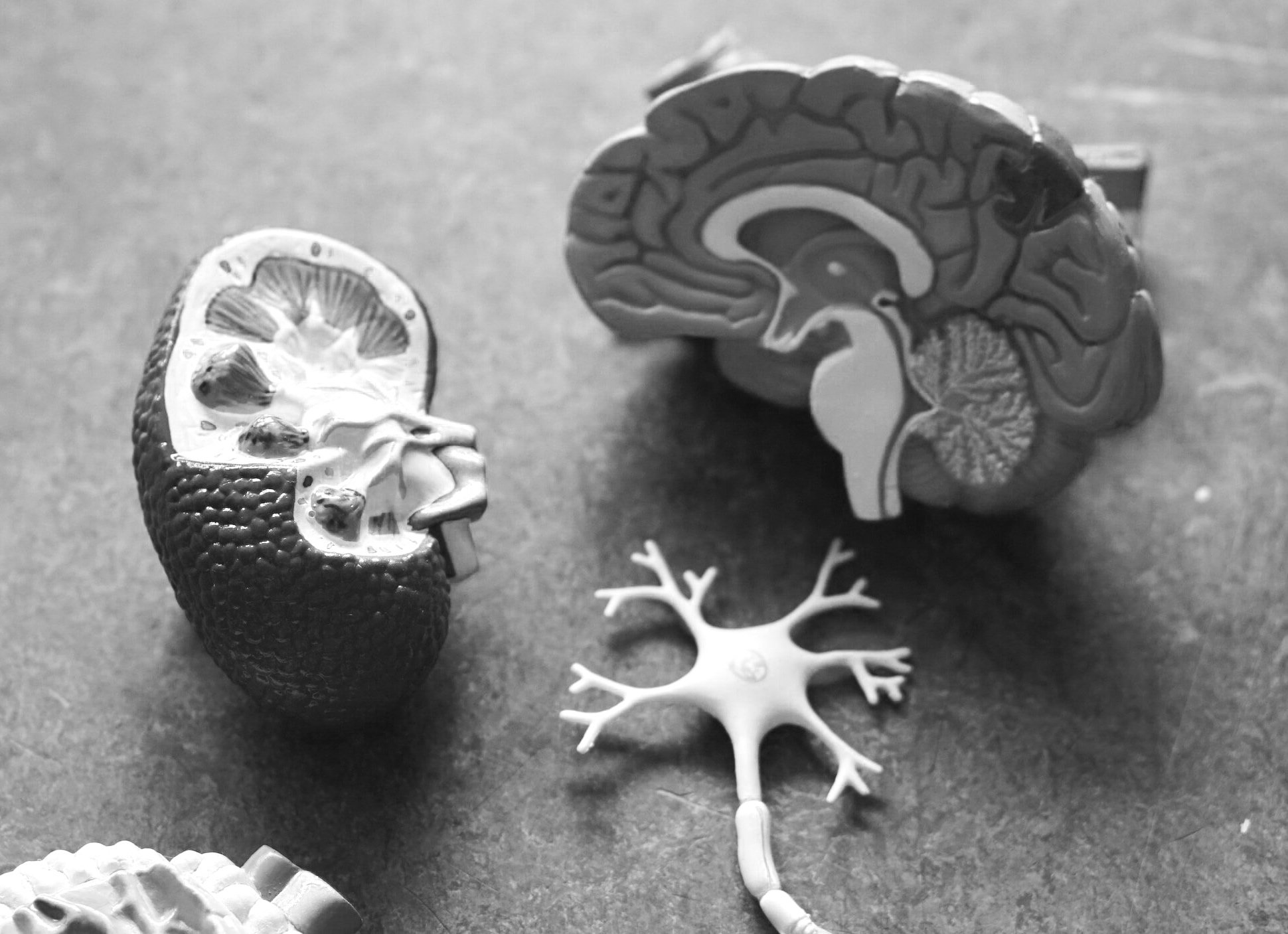Modern Fibromyalgia Treatment is Falling Short
What is Fibromyalgia?
Fibromyalgia is a debilitating and is often a dismissed disease. Fibromyalgia affects about 2% of the population with with women between 30-60 having the highest rates. The syndrome is characterised by widespread pain and tissue tenderness, which result from uncontrolled sensitization of neural pain pathways. There are also variable combinations of fatigue, sleep disturbances, brain fog, and distress. However, most standard-of-care testing methods fail to uncover any abnormal clinical findings.
Fibromyalgia overlaps with other functional somatic syndromes, such as irritable bowel syndrome, chronic fatigue syndrome and temporomandibular joint dysfunction. While commonly co-occurring with mood and anxiety disorders, research suggests that, although functional somatic disorders are related and potentially interact with psychological conditions, they are independent.
Why does it occur?
Fibromyalgia symptoms may arise as a common, yet not fully understood, response of the body to the combined impact of physical or emotional stress in individuals with a genetic predisposition. This condition is often linked to mental health and musculoskeletal issues, which can contribute to more challenging outcomes. Additionally, it may develop following an infection. Moreover, fibromyalgia seems to be more prevalent among individuals dealing with long-term medical conditions in general.
Why do most common standard treatments fail?
Overemphasis on Symptomatic Relief:
Traditional approaches to fibromyalgia often focus primarily on alleviating symptoms rather than addressing the root causes of the condition. Pain medications, anti-inflammatory drugs, and antidepressants are commonly prescribed to manage pain and improve sleep, yet they may not provide sustained relief.
Inadequate Understanding of Fibromyalgia's Complexity:
Fibromyalgia is a complex condition with various contributing factors, including genetics, stress, infections, and hormonal imbalances. Unfortunately, the one-size-fits-all approach to treatment fails to acknowledge and address the unique factors contributing to each individual's experience of fibromyalgia.
Limited Accessibility to Comprehensive Care:
Access to specialized healthcare providers knowledgeable about fibromyalgia remains a challenge for many patients. Comprehensive care often involves a multidisciplinary approach, including rheumatologists, pain specialists, and mental health professionals, which may not be readily available or affordable for everyone.
Underestimation of the Mind-Body Connection:
Modern treatment approaches often neglect the crucial interplay between physical and mental well-being in fibromyalgia. Stress management, cognitive-behavioral therapy, and mindfulness interventions, which can significantly impact symptoms, are sometimes overlooked in favor of pharmacological solutions.
Inconsistent Recognition and Diagnosis:
Fibromyalgia is frequently misdiagnosed or undiagnosed, leading to delayed and ineffective treatment. The lack of standardized diagnostic criteria and the subjective nature of symptoms contribute to the challenges in accurately identifying and addressing fibromyalgia.
Moving Towards a Holistic Approach:
To overcome the failures of modern fibromyalgia treatment, a shift towards a more holistic and individualized approach is imperative:
Personalized Treatment Plans:
Tailor treatment plans to address the unique factors contributing to each patient's fibromyalgia experience.
Consider a combination of pharmacological and non-pharmacological interventions based on individual needs.
Comprehensive Care Teams:
Encourage collaboration between healthcare professionals from various specialties to provide comprehensive care.
Include pain management, physical therapy, mental health support, and lifestyle interventions in the care plan.
Empower Patients through Education:
Foster a better understanding of fibromyalgia among patients and healthcare providers alike.
Empower individuals with tools for self-management, emphasizing lifestyle changes, and stress reduction.
Research and Innovation:
Support and invest in research to deepen our understanding of fibromyalgia's underlying mechanisms.
Promote the development of innovative treatments that target the root causes of the condition.
Addressing the failures of modern fibromyalgia treatment requires a paradigm shift towards a more holistic, personalized, and multidisciplinary approach. By recognizing the complexity of fibromyalgia and embracing comprehensive care strategies, we can strive to improve the quality of life for individuals living with this challenging condition. Advocacy for increased awareness, research, and accessibility to specialized care is crucial to shaping a more effective future for fibromyalgia treatment.
-
*This information is provided as educational information only is not intended as direct medical advice.
Lab Evaluation: Blood count, metabolic panel, iron panel, complete hormone panel (adrenal, thyroid, sex organs) nitric oxide panel, lipid + inflammation panel, autoimmune screening, chronic viral disease panel, magnesium and vitamin D levels, functional nutrients tests (B12, folate, homocysteine)Cardiac and Neurological work up + referral based on symptoms and physical exam
Imaging of Affected organ systems
-
IV Therapy Options: Iron Infusions, Methylene blue (iron reductions), Nutrients for proper blood flow (Magnesium and Nitric Oxide Support), Ozone therapy, and Antioxidant Support
Supplemental Protocols - Electrolyte Balancing, Nitric Oxide support, immune support
Hormone Replacement Therapy - Physiologically support level normalization, Consideration of Wilson’s Temperature Protocol - T3 Therapy
Hyperbaric Oxygenation Therapy - Increased oxygenation and tissue healing
Pulsed-Electromagnetic Field (PEMF) Therapy - Muscle pain and circulation support
DISCLAIMER: THIS WEBSITE DOES NOT PROVIDE MEDICAL ADVICE
The information, including but not limited to, text, graphics, images and other material contained on this website are for informational purposes only. No material on this site is intended to be a substitute for professional medical advice, diagnosis or treatment. Always seek the advice of your physician or other qualified health care provider with any questions you may have regarding a medical condition or treatment and before undertaking a new health care regimen, and never disregard professional medical advice or delay in seeking it because of something you have read on this website.
